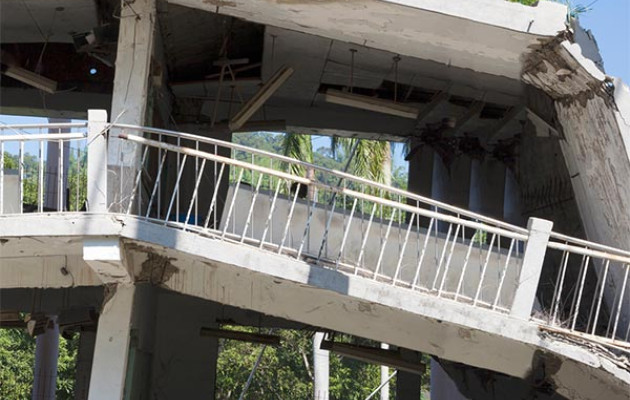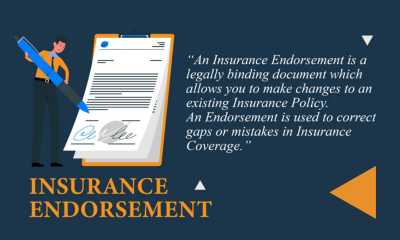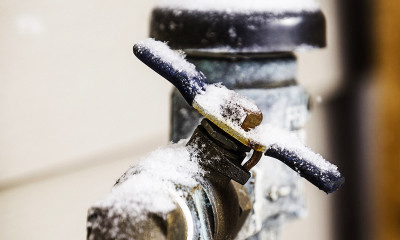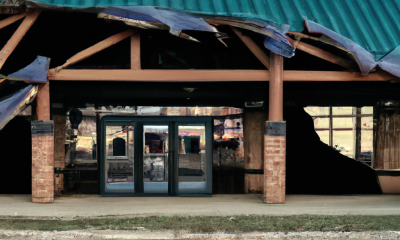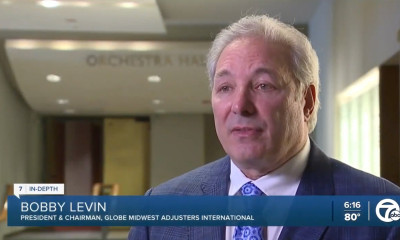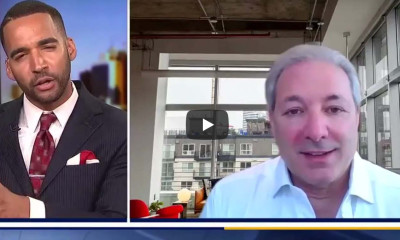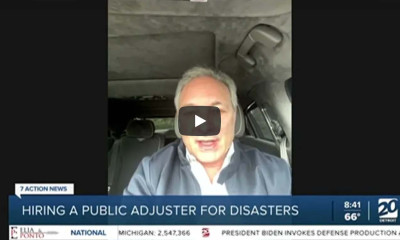It’s true: many of the claims an insurance company handles settle without dispute.
But a lack of dispute does not mean the outcome was fair. In fact, our experience shows most commercial insurance policyholders are underpaid for their claim — and they don’t even know it.
Here are four signals commercial policyholders give their insurance companies when they are likely to settle for less than their claim is worth. If you’ve suffered commercial property damage and can check any of the boxes below, you may be giving off these signals and should consider talking with a public insurance adjuster about your commercial property insurance claim.
Failing to read and understand your policy
Admitting to your commercial insurance carrier that you don’t know or understand what is in your policy is the first clear signal that you are ripe for accepting a low settlement offer.
Of course knowing what’s in your policy is no small task. A commercial property insurance policy is typically 40-plus pages of the most confusing language known to humankind. Still, when you suffer property damage, the language in your policy is all that matters in your claim.
Failing to understand the terms of your commercial policy, especially if there’s been a substantial loss, is a clear call to have a public insurance adjuster review your policy and damages. Licensed public adjusters are policy and loss experts who work exclusively for policyholders. They have no affiliation with any insurance carriers and can give you a fair assessment of what to expect from your claim.
Relying on the insurance company for help in the claim process
Filing a commercial property damage claim is like taking a final exam on your first day of class. You might be able to guess correctly on some of the answers, but your chances of earning an “A” are slim.
Insurance companies are experts at controlling the claim process, and they have no obligation to educate you about it. In fact, all commercial insurance policies place the burden to prove a loss solely on the policyholder.
Written into your commercial policy is language that requires you to:
- Meet all the contractual obligations and deadlines outlined in your policy. These include, but are not limited to, mitigation, prompt notification, and cooperation with your insurance company’s investigation of your loss.
- Document the full extent of damage to your building(s) and contents with photos, video, and detailed written descriptions.
- Substantiate the value of your damages with receipts, posted prices for the same or similar items, and other proof.
- Present a demand for compensation that will provide sufficient funds to return your property to pre-loss condition.
Allowing the insurance company to lead this process is the sure path to a low settlement.
Claiming for only a portion of the loss
Unless you are a commercial insurance expert, you run a very real risk of being unable to uncover everything your policy promises. After all, if it were easy to uncover, all property claims would settle effortlessly and for the maximum amount available under the terms of the policy.
Often, when a commercial property insurance claim settles for less than it should, it is because the documentation is weak. When it comes to your commercial insurance claim, it is not possible to provide too much documentation of your damages, too much detail in your estimates to replace or repair your property, or too much proof of the property’s value at the time of loss. Fall short on any of these, and your settlement will fall short of compensating you for your loss.
Losing patience with the process
To settle a commercial insurance claim successfully requires you to suddenly become a master of policy language and interpretation, insurance and contract law, damage and repair estimates, construction and restoration methods and materials, project management, commercial insurance policy administration, and hardball negotiation — all while you’re trying to keep the rest of your life on track.
It’s risky to lose patience with the claim process. Commercial insurance claims take time to resolve. Signaling impatience sometimes can speed things up, but it comes at the cost of a lesser settlement.
Business Owner’s Guide to Getting the Most for Your Property Insurance Claim
Dealing with a disaster recovery for your business is no easy task. Download our Disaster Recovery tips as a resource to help you through the turmoil.


